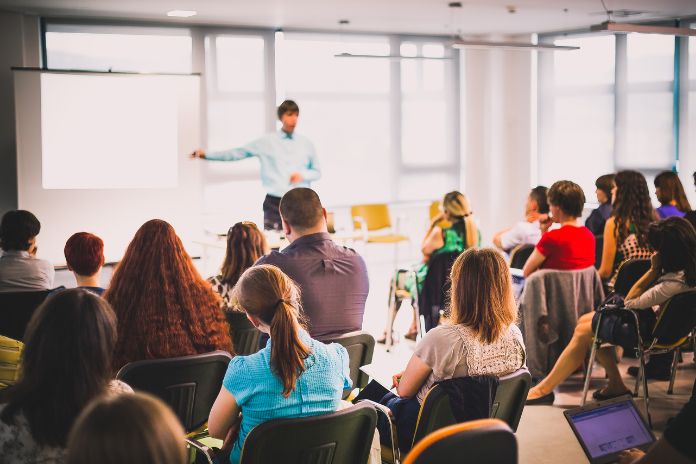Introduction
Free public education stands as a cornerstone of democratic societies, serving as a catalyst for individual empowerment, societal progress, and economic development. It is a fundamental right that ensures equal access to quality learning for all, regardless of background or economic status. This article delves into the multifaceted importance of free public education and its far-reaching impact on individuals and communities.
1. Promoting Equal Opportunities
Free public education levels the playing field by offering equal access to learning opportunities for students from various socio-economic backgrounds. It ensures that every child, regardless of their family’s financial situation, has the chance to receive a quality education, opening doors to a brighter future.
2. Fostering Inclusive and Diverse Communities
Public schools bring together students from diverse cultural, ethnic, and social backgrounds. This diversity enriches the learning environment, promoting tolerance, understanding, and empathy among students. It prepares them for a globalized world where intercultural competence is paramount.
3. Cultivating Critical Thinking and Civic Engagement
Free public education instills critical thinking skills, encouraging students to question, analyze, and engage with the world around them. It nurtures active citizenship, teaching students the importance of civic participation, democracy, and their role in shaping a just and equitable society.
4. Equipping Students for Economic Success
A well-rounded education prepares students for the demands of the workforce. It provides them with essential skills, such as literacy, numeracy, problem-solving, and digital proficiency, which are crucial in today’s rapidly evolving job market.
5. Reducing Socio-Economic Disparities
Free public education is a powerful tool in combating socio-economic disparities. By offering quality education to all, it helps break the cycle of poverty and provides individuals with the skills and knowledge needed to pursue higher education or enter the workforce.
6. Nurturing Innovation and Progress
An educated populace is the bedrock of innovation and progress. Free public education cultivates a culture of curiosity, creativity, and innovation, laying the foundation for scientific breakthroughs, technological advancements, and societal improvements.
7. Strengthening Social Cohesion
Accessible education fosters a sense of belonging and social cohesion within communities. It creates shared experiences and common values among individuals, ultimately contributing to a more harmonious and united society.
8. Preparing Informed and Responsible Citizens
Public education imparts knowledge about democratic principles, civic rights, and responsibilities. It empowers students to make informed decisions, engage in constructive dialogue, and contribute positively to their communities and the larger society.
9. Enhancing Public Health and Well-being
Education is linked to better health outcomes and overall well-being. It equips individuals with knowledge about healthy lifestyles, disease prevention, and access to healthcare resources, ultimately leading to healthier and more productive communities.
10. Safeguarding Democracy and Social Progress
A well-educated citizenry is essential for the functioning of a thriving democracy. Informed and engaged citizens actively participate in the democratic process, holding leaders accountable and advocating for policies that promote justice, equality, and progress.
Conclusion
Free public education is a cornerstone of a thriving, equitable, and progressive society. It empowers individuals, strengthens communities, and lays the groundwork for a brighter future. By investing in accessible, quality education, societies not only uplift their citizens but also pave the way for continued progress and prosperity for generations to come. It is a fundamental right that must be preserved and prioritized for the betterment of all.

